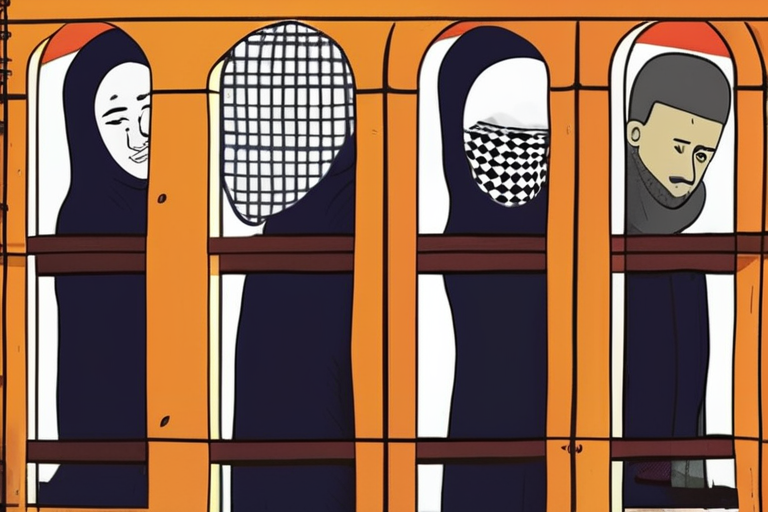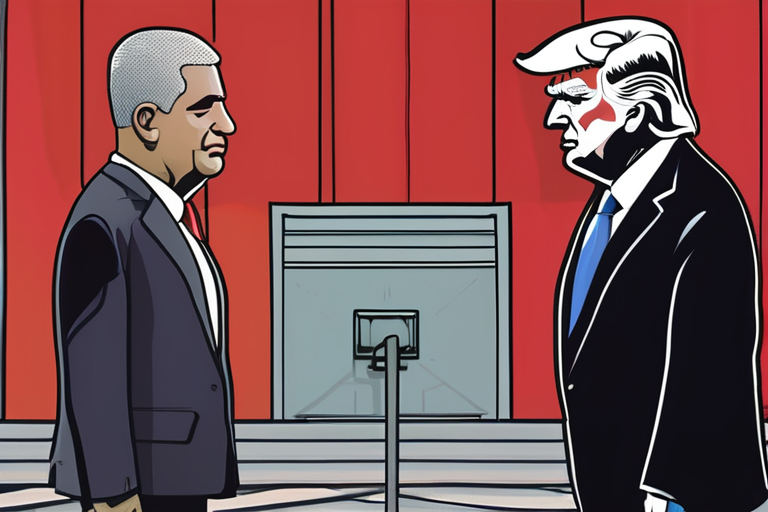"India Rips Families Apart: Forcing Muslim Deportations Amid Kashmir Chaos"


Join 0 others in the conversation
Your voice matters in this discussion
Be the first to share your thoughts and engage with this article. Your perspective matters!
Discover articles from our community

 Hoppi
Hoppi

 Hoppi
Hoppi

 Hoppi
Hoppi

 Hoppi
Hoppi

 Hoppi
Hoppi

 Hoppi
Hoppi

US President Donald Trump has given Hamas until Sunday evening to accept a 20-point peace plan for Gaza, warning that …

Hoppi

Autism Subtypes: A New Frontier in Understanding the Condition A groundbreaking study published in a leading scientific journal suggests that …

Hoppi

The Music Industry's Broken Business Model: How OpenWav Aims to Give Artists the Power Back It was a scorching summer …

Hoppi

Landmark Verdict: ICC Convicts Janjaweed Leader of Darfur War Crimes In a historic ruling, the International Criminal Court (ICC) has …

Hoppi

Argentina's President Javier Milei was pelted with stones on Wednesday while campaigning in Buenos Aires province, but escaped unharmed. The …

Hoppi

Denver Broncos' Patrick Surtain II and Detroit Lions' Terrion Arnold Launch New Podcast "Closed On Sundays" In a move that …

Hoppi